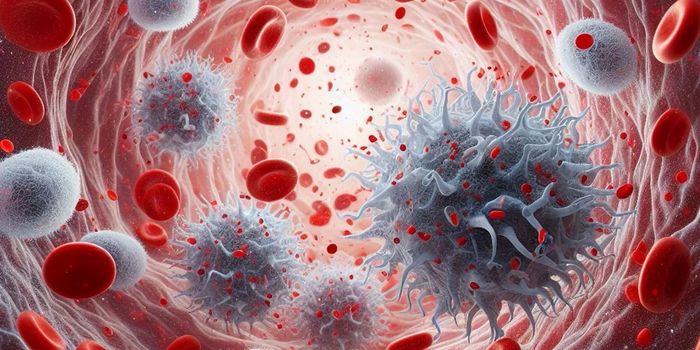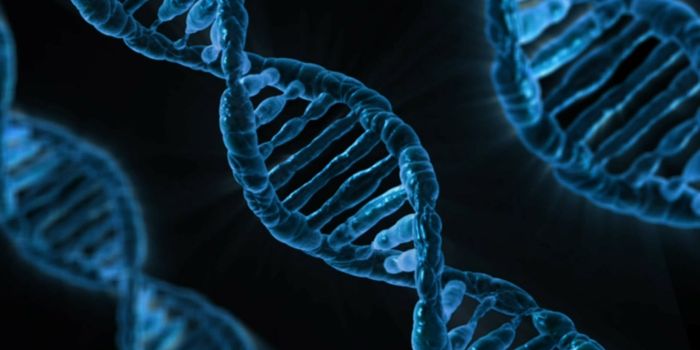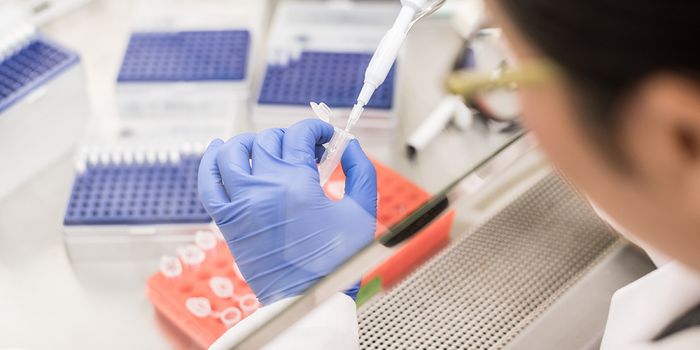Human Protein Crucial to Infection & Disease is Discovered
The pandemic virus SARS-CoV-2 caused many scientists to begin studying infectious disease, in search of ways to stop the pathogen. With cell culture models and CRISPR/Cas9 gene editing technology, researchers were able to conduct huge screens of proteins to look for host cell factors that were aiding viral infection. In one study, investigators systematically turned off every gene in the genome of cells, looking for the gene knockouts that would enable cells to survive even when they were infected with a virus. In those surviving cells, the absent gene was likely preventing the virus from replicating.
This massive undertaking revealed a protein made by host cells that appears to be crucial for viral infections. The research also determined that this previously unknown protein called LYSET seems to be critical to an organelle called the lysosome. Mutations in the Lyset gene appear to be related to a genetic disease that impairs lysosomal storage. The findings have been reported in the journal Science, along with another study that also characterized LYSET in a different way.
The study authors had heard about each others' work, and opted to submit together instead of competing against each other. "The publications complement each other, so coordinated publication made sense," said Professor Sabrina Jabs of Kiel University, among other appointments. Jabs is a co-author on both studies.
In cells, lysosomes help degrade cellular and non-cellular material that is no longer needed. When lysosomes stop functioning properly, there isa buildup of material in the cell that can cause serious problems, known as lysosomal storage disorders.
LYSET stands for lysosomal enzyme trafficking factor; it is required for the regulation of "a fundamentally important transport mechanism within the cell," Jabs noted. "Mutations in the LYSET gene are associated with a rare lysosomal storage disorder."
When LYSET is lacking or not functional in cells, enzymes have difficulty moving to the lysosome, causing lysosomal dysfunction. When LYSET is ablated, it also prevents some viruses from infecting cells. This work suggests that LYSET is a facet of a novel transport mechanism that is related to both human hereditary disease and viral infections.
The second publication has shown that LYSET could also be related to tumor cell growth. LYSET is one part of the mannose-6-phosphate pathway, which helps lysosomes fill up with digestive enzymes. Without LYSET, cancer cells have no enzymes in their lysosomes and cannot degrade proteins. When a mouse tumor model was engineered to lack LYSET, tumor growth was impaired.
LYSET has not been characterized before these studies, so a lot more research will be needed to fully elucidate its functions.
The researchers are particularly interested in whether LYSET is related to a heritable metabolic disorder known as mucolipidosis (ML). In about ten percent of young patients, the causative gene is still unknown.
Jabs noted that patient samples can now be analyzed to see whether they are carrying any mutations in the LYSET gene.
"We are also interested in the structural characteristics of LYSET which may help us to better understand how it works. The temporary inhibition of LYSET and the lysosomal enzyme transport mechanism could be used as a therapeutic approach to suppress the growth of certain tumors and prevent viral infections," Jabs added.
Sources: Kiel University, Richards et al Science 2022, Pechincha et al Science 2022









